I just want to run this model by some of the competent people in here.
The scenario is that I have made an ASP MVC 3 webshop which is going to be used by multiple companies.
One code base, multiple sites.
Ex. I have:
- company1.acme.com
- company2.acme.com
And they all should use the same code base, but for users the data in the webshop should be different.
So I made this simple datamodel:

In Site I store all the information about the company, ex. Host = company1.
Is it correct to use Host as PK in all the tables?
How could this model be improved?
UPDATE:
